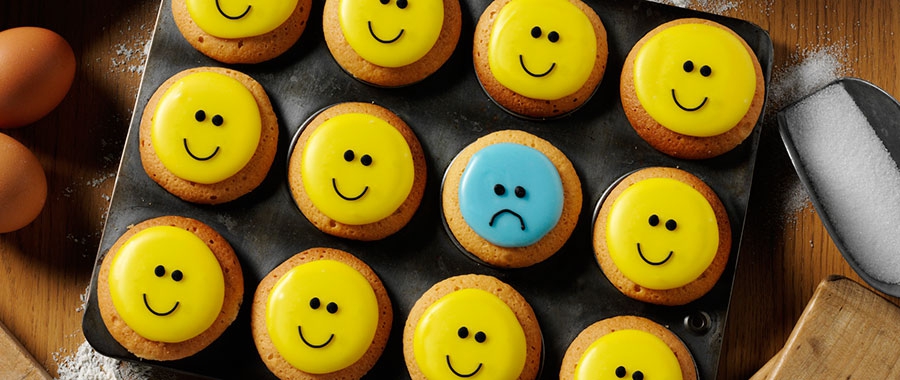The views expressed in our content reflect individual perspectives and do not represent the authoritative views of the Baha'i Faith.
Isn’t it great when everything is going just swell, when there are no upsetting news or tragedies or illnesses?
All’s fine on the job and with the company, even the dog sits up when I say “Sit,” and the cat hasn’t clawed the furniture in months. The kids are earning good grades in school, both cars start every morning even in the cold, the mail comes like clockwork every day but Sunday, and the bills that aren’t paid by insurance are manageable. There’s food for breakfast, lunch and dinner, we even get to a movie once a month with friends, and have money to eat out occasionally.
The house is warm on cold days, the air conditioning cool on hot days. Showers are warm on cold mornings, and coolish in the summer. All in all, right now life is perfectly blended, good times overshadowing and even eclipsing bad, making small ills appear as meaningless as foam on calm seas.
Then of a sudden, bad labor practices in the company affect its stock. The CEO is fired. Divisions are reorganized, and I find myself laid off. My spouse finds a lump in her breast in the shower, we have it checked out, and it is potentially a problem, starting a long tortuous road. Without two jobs, my spouse’s insurance only covers half the bills. The bills pile up while I look for work, finding a deskjob at half the salary, and an extra hour’s drive away. Money is tight, and things must be curtailed. We cut back. Dinner and a movie out are a wild extravagance.
We’ve all had this happen to us, or friends, or relatives. Ups and downs, a sideways kick on occasion, two steps backward. If fortunate we have a close mate to share in good times and bad. In times of sickness and need they reach down and help us out, even if it’s just a cheery card or meals of bread and soup.
Dickens said it in 1859:
It was the best of times, it was the worst of times, it was the age of wisdom, it was the age of foolishness, it was the epoch of belief, it was the epoch of incredulity, it was the season of light, it was the season of darkness, it was the spring of hope, it was the winter of despair. – A Tale of Two Cities
Conditions are not always as they seem, ever, as in the hypothetical, but real, examples above. Times appear great for one family, while another who lives just next door is suffering.
It’s a wonder of life that where one lives, or works, or eats, or gets educated, or drives, or walks, or aches, or smiles or frowns can become so quickly different despite being physically close or materially similar to those you know.
Perhaps Dickens found his thoughts from this passage of the Bible:
There is a time for everything, and a season for every activity under the heavens: a time to be born and a time to die, a time to plant and a time to uproot, a time to kill and a time to heal, a time to tear down and a time to build, a time to weep and a time to laugh, a time to mourn and a time to dance, a time to scatter stones and a time to gather them, a time to embrace and a time to refrain from embracing, a time to search and a time to give up, a time to keep and a time to throw away, a time to tear and a time to mend, a time to be silent and a time to speak, a time to love and a time to hate, a time for war and a time for peace. – Ecclesiastes 3:18.
We do not usually know the real condition of others, and they do not usually know our condition. It’s only by outward signs and signals, or showing or telling others our troubles that they know. Perhaps that’s why we all like to share our aches and pains, even with strangers. Just by sharing we decrease our burden somehow, and often, find unexpected help.
The Baha’i teachings say:
Therefore let us help all who are in need of any kind of assistance. Let us teach the ignorant, and take care of the young child until he grows to maturity. When we find a person fallen into the depths of misery or sin we must be kind to him, take him by the hand, help him to regain his footing, his strength; we must guide him with love and tenderness, treat him as a friend not as an enemy. – Abdu’l-Baha, Paris Talks, p. 148.
This is what it means to be a true brother or sister. What led to the condition of suffering is less important than alleviating it, even in some small way.
Just like being a helpmate to your spouse or children or parents, being a helpmate to all humanity is the highest calling.
















Comments
Sign in or create an account
Continue with Googleor